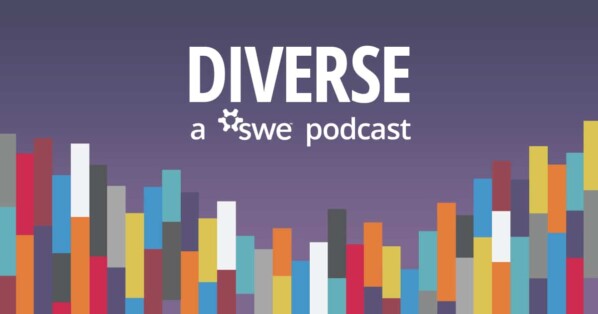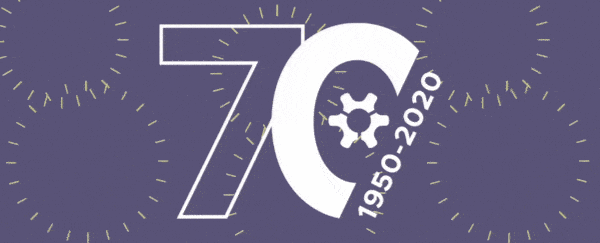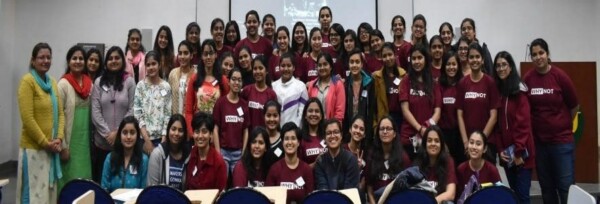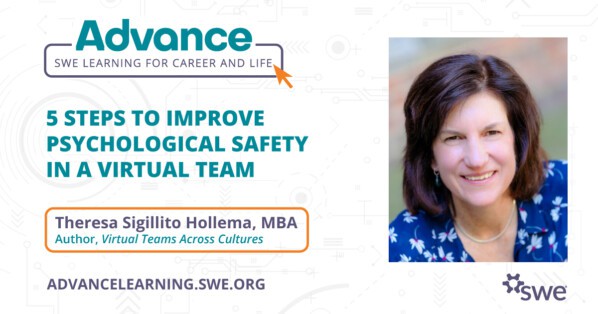
By: Maria Apostolopoulou, Ph.D.
For many researchers, a passion for tackling climate change might lead them into an academic career in renewables or ecological protection. But for me, it fuelled my transition into the industry.
My doctoral research focused on using probabilistic simulations to better understand how fluids are transported underground and involved a blend of geology, engineering, and programming. As I completed my thesis and saw my research outcomes coming to life, I found myself oscillating between careers and the probable paths my decisions could take me in. While research allows me to express my creativity and is a true passion, I didn’t feel academia was quite right for me.
When I analysed my skills and motivations, I realised two things. Firstly, I’m a data scientist at heart – I love seeing how data can unearth insight and help to make better decisions. I also care deeply about protecting the future of our planet and knew that I wanted to use my skills to have a positive impact on the environment.
With my eyes set on the potential for fusing technology and sustainability, I decided to transition from the theoretical framework academia offers to a results and data-driven environment, and joined bp’s Challenger programme in 2019. I initially joined as a software engineer, and then moved to a data science role. Through the programme’s rotation opportunities, I worked with various teams and disciplines and as I am now approaching the end of this journey, I know I made the right choice.
My day-to-day role involves making data-driven decisions that can help to maximise the energy produced while minimising the cost to the business and the risk to the environment. While I may not be on site planning the construction of a new windfarm, the savings from these decisions contribute to investments in low and carbon-neutral energy and to increased efficiency. At the same time, my work also focuses on detecting possible risks and anomalies that could result to loss of output or compromise the safety of the operations. The energy transition will require meaningful innovations across all aspects of industry – from operations to supply chain to development, we all have a role to play in building a more sustainable tomorrow.
In making the leap into industry, I found I was part of a community. I was no longer working as an individual researcher, but I was part of a global team of data scientists and engineers working together to enable bp to become more efficient and focused on our net zero ambition.
While my colleagues at bp made me feel welcome from the start, my transition out of academia was not without obstacles. My PhD research was highly specialised, and I had to transition from being at the top of my game to being very junior in my role. I am very grateful for my mentor who guided me though this journey and offered me the support and advice I needed to reach new heights and explore my ambitions – she’s built a formidable career in tech and I really admire her for the person that she is.
Having the support of women and men who lead with excellence, passion, and empathy has been incredibly inspiring, and facing the challenges of entering industry head-on helped me to develop my biggest strength: my ability to adapt and evolve.
Adaptation is critical to any transition, whether that’s a different career path or new ways to provide the world with energy that’s clean and reliable. I’m so glad that I trusted myself to take the step into industry and in doing so forged a path where my passions and values can meet.
Maria Apostolopoulou, Ph.D. is a data scientist at bp. Maria has Bachelor’s and Master’s degrees in Chemical Engineering from the National Technical University of Athens, and a PhD in chemical engineering from University College London. Maria joined bp’s graduate ‘Challenger’ programme in 2019, initially as a software engineer.
Author
-

SWE Blog provides up-to-date information and news about the Society and how our members are making a difference every day. You’ll find stories about SWE members, engineering, technology, and other STEM-related topics.






